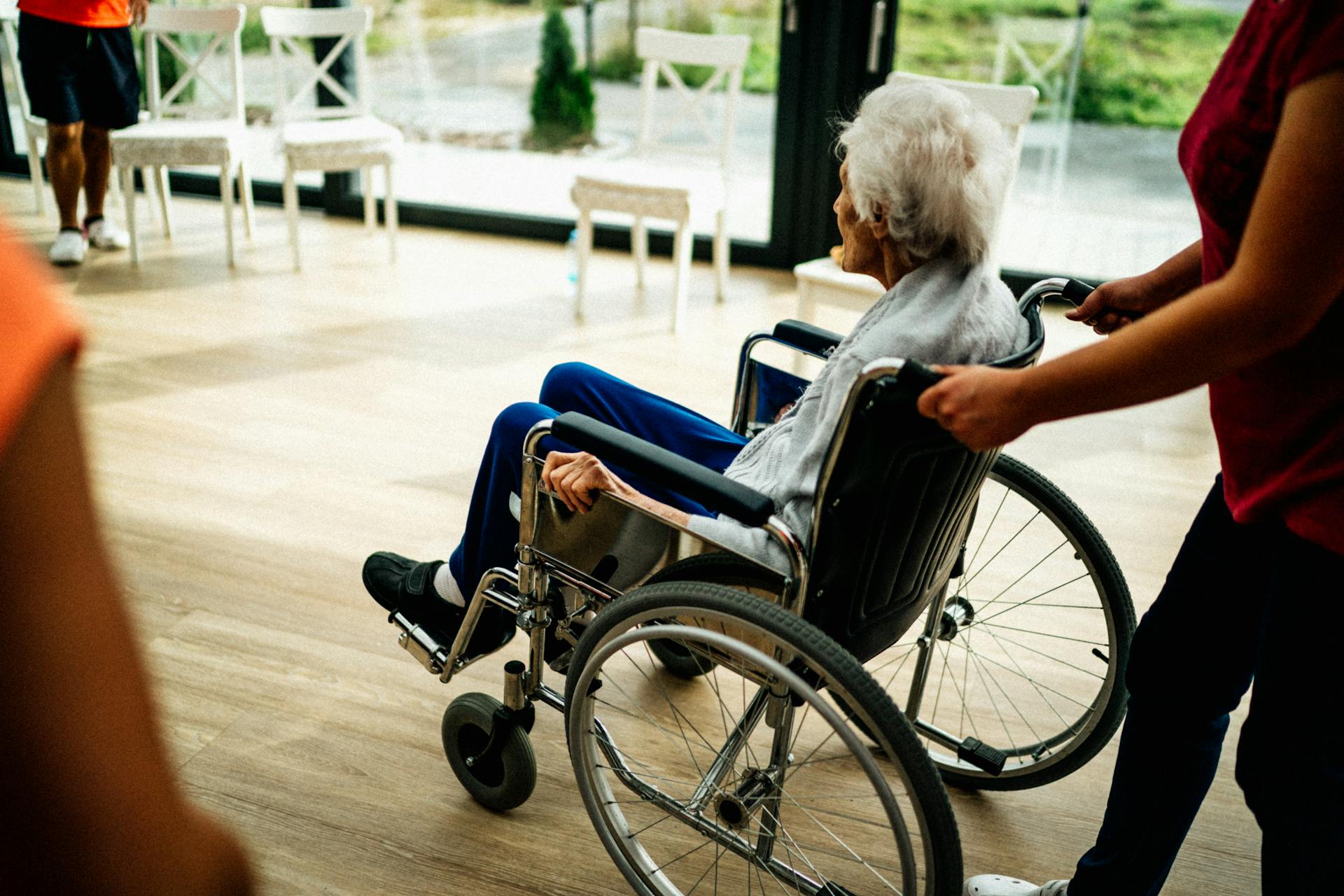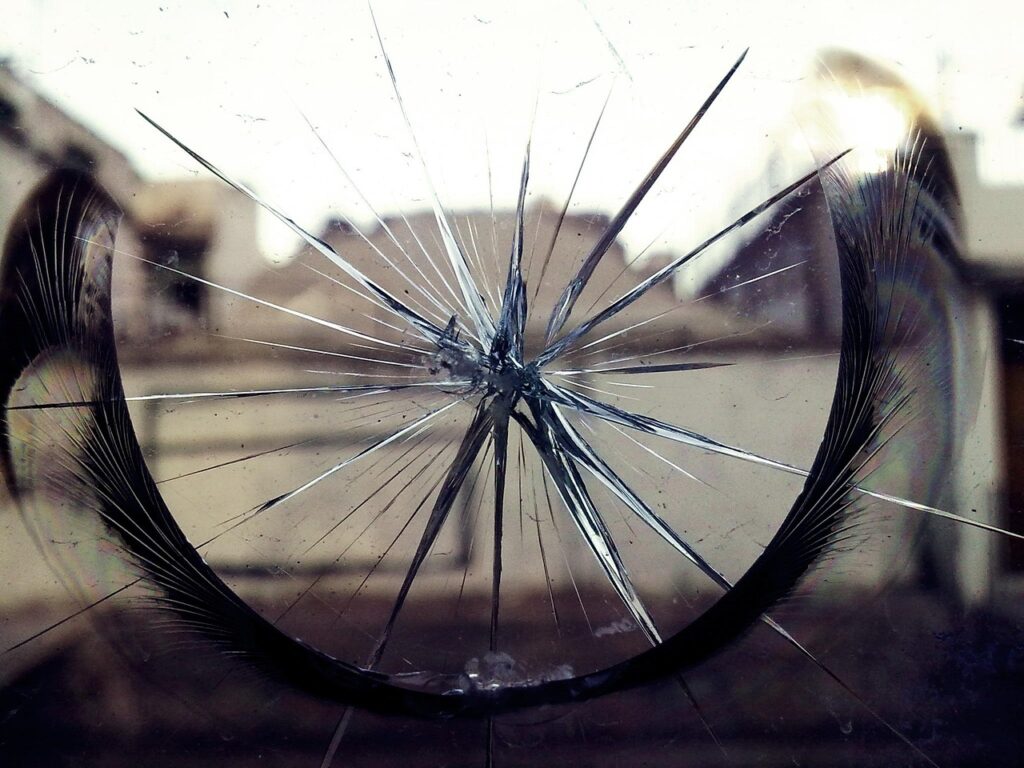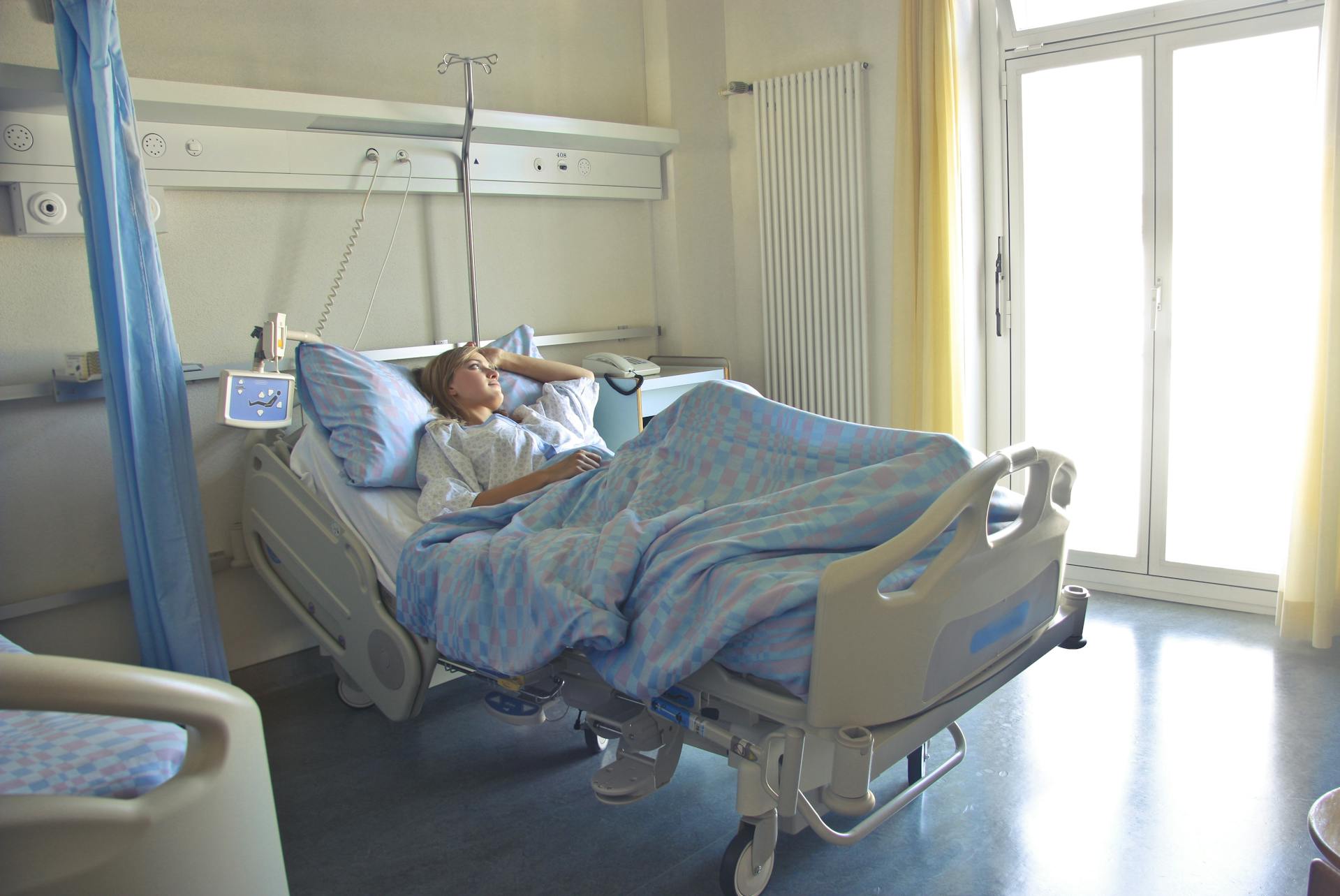Now Reading: How to Prove Neglect and Abuse in a Nursing Home Lawsuit
-
01
How to Prove Neglect and Abuse in a Nursing Home Lawsuit

How to Prove Neglect and Abuse in a Nursing Home Lawsuit
The increasing privatization and acquisition of nursing homes by for-profit organizations have raised concerns about the quality of care in these facilities. Today, there are many reports of patient neglect and abuse in these facilities.
If you have a loved one in a nursing home experiencing neglect and abuse, you can file a lawsuit and claim compensation. You only need to prove the neglect and abuse to win the lawsuit, and this article discusses how you can effectively do that.
When Is a Nursing Home Considered Negligent and Abusive
As medical providers, nursing homes have a duty of care to their residents. This duty obligates them to provide care, safety, and protection to their residents. Nursing homes become negligent and accountable when they fail to satisfy these responsibilities. You must prove negligence in a lawsuit to win a claim and earn compensation. You can only prove negligence by establishing the following four elements:
- The nursing home has a duty to care for the residents
- They failed to satisfy this duty
- This failure resulted in injury
- The injury caused physical or financial damages to the victim
On the other hand, nursing home abuse occurs when caregivers harm residents, whether intentionally or unintentionally. Nursing home abuse could be physical, psychological, or financial.
Physical abuse occurs when caregivers inflict physical pain or injury on residents. It also includes sexual abuse. Psychological abuse involves emotional harm, commonly through verbal abuse and threats. Financial abuse involves monetary exploitation, usually through stealing or manipulation.
How to Prove Neglect and Abuse
You can only establish and prove the elements of negligence and abuse in a lawsuit through evidence. To win a claim, your evidence must be solid, relevant, and inadmissible. Below are some inadmissible evidence you can collect to prove negligence and abuse:
- Medical records of the affected resident from a doctor or other health professionals.
- Written or video testimony of the affected resident and their caretaker.
- A witness testimony from other residents at the facility.
- Expert testimony such as medical or caregiving professional analysis.
- Pictures or videos of injuries and dangerous premises.
- Copy of the nursing home’s policy and procedures.
- Nursing home’s employee information.
- Bank statements, receipts, or other evidence of financial exploitation and loss.
- Employment records
- Insurance records.
This is some common evidence you can use for a nursing home lawsuit. However, the evidence you provide and use will depend on your specific case and claim. Many other pieces of evidence may apply to unique cases and claims.
Get a nursing home abuse attorney to help you gather and use the most relevant evidence for your lawsuit. It helps to use as much relevant evidence as possible to strengthen your case.
Types of Damages You Can Claim in a Nursing Home Lawsuit
In a nursing home lawsuit, you can claim economic, non-economic, or punitive damages. Consider what each category involves:
Economic Damages
Economic damages cover residents’ financial losses due to negligence, abuse, injury, or harm from the facility and caregivers. Examples of damages earned in this category include lost wages, medical bills, stolen money, and property damage.
Non-Economic Damages
These damages cover losses incurred due to the pain and suffering endured by the victim. Non-economic damages include compensations for loss of enjoyment of life, physical or emotional pain and suffering, humiliation, and mental anguish.
Punitive Damages
Punitive damages are financial compensations awarded to victims when the nursing home is careless, malicious, and fraudulent to a great degree. This damage is often awarded when the nursing home administrators are indifferent and show no remorse for their actions. Punitive damages aim to deter others from engaging in similar actions.
Endnote
Negligence and abuse are becoming popular in nursing homes. If your loved one is a victim, you can file a lawsuit and earn compensation for their negligence and abuse. You only need to prove the neglect or abuse to win your claim. You can achieve this with solid evidence like expert, witness, and caretaker testimony, medical records, and video and photo evidence.










